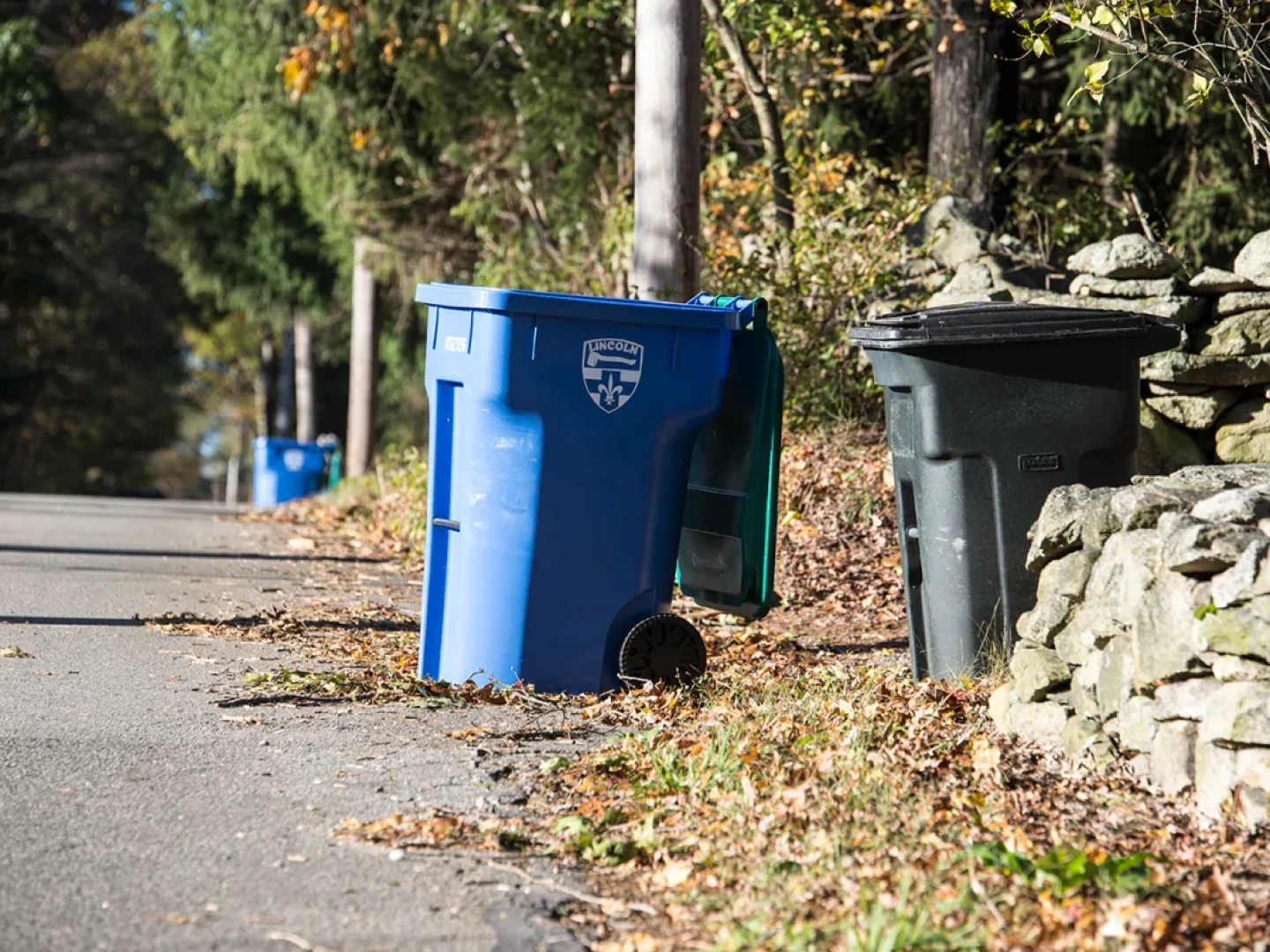In order to help reduce plastic waste and help the environment, Rhode Islanders are encouraged to reduce, reuse, and recycle plastics.
But what actually happens to the plastic the state collects for recycling after it leaves the Materials Recycling Facility in Johnston?
A lot of it ends up in landfills, according to an investigation led by ecoRI reporter Rob Smith.
Smith spoke with Morning Host Luis Hernandez about his report.
Interview highlights
On how the staff at ecoRI tracked recycled plastic bottles in Rhode Island
Rob Smith: We got a bunch of air tags. We didn’t do anything high-tech. We got air tags at Target and we stuck them in some plastic bottles and just tracked where they went over time.
We would put them into large Gatorade bottles. Me and my coworkers all live in different towns. We put them in our residential recycling bins, and after that, it was just a matter of looking on my publisher’s phone. It’s just an app on an iPhone and she attached emojis to each one.
I’m just tracking those emojis as they went across the United States. We know where they went from the last place they transmitted, which I believe is the four or five facilities I listed in my article. The rest just stopped transmitting at some point at the Materials Recycling Facility in Johnston.
On where recycled plastic bottles end up
Smith: What we learned is that Rhode Island is actually part of a national and international, sort of, downstream plastic economy. We had bottles go to Quebec. We had bottles go to Dallas, Texas. We had bottles go to Summersville, Georgia, which is, I believe, outside of Atlanta.
The good news is they’re all going to be reused. The facilities in Dallas and Quebec they grind it down to, sort of, plastic flakes and then they sell it off to someone else. The one in Georgia takes those PET plastic bottles, which is the most common type of plastic bottles, and turns them into laminate flooring, carpeting.
So what happens is after they’re sorted at the Materials Recycling Facility, they get, sort of, bought. There’s a giant company called Sellmark that buys it and then, sort of, sells it to other companies that want to use it. It’s kind of a – I think the official phrase is – commodities broker.
On whether recycling is effective in Rhode Island
Smith: As a state, we’re really not great with recycling. We’re not sending enough of our recyclables to the recycling facility. Most of the time, they’re ending up in the landfill.
It’s the kind of thing where you can do everything right. That’s the thing I learned in this story. You can do everything right, but there’s so much that’s not in our control when it comes to whether this stuff is actually recycled, right? We could have a 100% recycling rate… But at the end of the day, if it’s not getting sold by resource recovery in Johnston, it’s probably just going to go to a landfill because we don’t really have a sustainable solution for what happens to this stuff.







